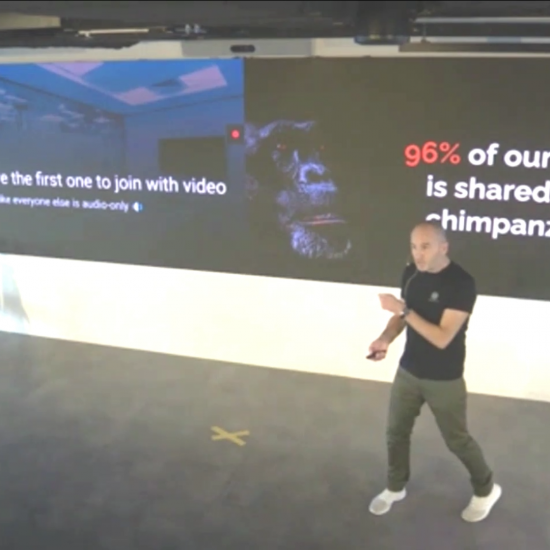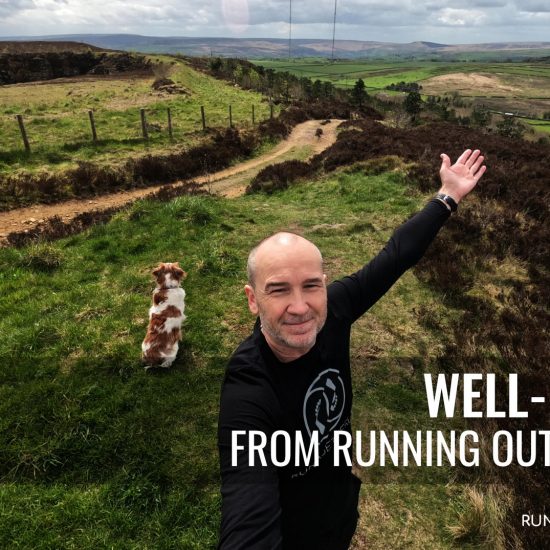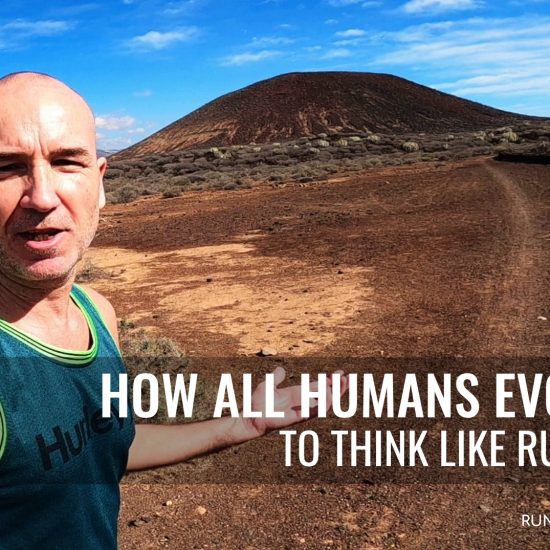
6 things big companies must learn from sport
Apparently learning is being disrupted. Digital learning tools for a modern generation have arrived. The talk now is all about bite-size and on-demand learning. Corporations are moving away from a traditional classroom-based approach to provide ‘Netflix’ style experiences where learners can choose to READ, WATCH or LISTEN whenever and wherever they may be.
Studies and research is now showing that classroom-based methods – where learners have to basically remember facts and information – is not actually that good when it comes to helping people improve performance. And this is a big problem – because this is what learning is supposed to be all about.
Research published in the Personality and Social Psychology Bulletin makes the case for learning through experience and exploration. Of course this makes sense – it is no use being the most academically gifted individual if you cannot apply that knowledge in an effective way.
1. Digital learning is not just for the millenial generation
The digital era has made learning more accessible than ever before but people have not suddenly changed in terms of how we best improve our skills. No, this has come to light because the YouTube era has provided alternatives for learners of all ages. Organisations are now waking up to the fact that classroom-based learning is not only expensive, but not very effective either. The problem is that humans are not good at remembering stuff and even worse at changing behaviour. So we default to our normal way of doing things before long.
2. Effective learning has always been personalised
Once upon a time we had all this experimental, agile and in-flow on-the-job training in the form of apprenticeships. 30 years ago – the most important task of any manager was widely understood across all industries – i.e. to guide, support and pass on knowledge. This was all done in an agile way – through day to day experimental learning, under the guidance of someone more experienced.
The language that managers used back then was also different. Terms like ‘having a protégé’, ‘developing under studies’ and ‘coaching trainees’ – all empthasise the connection between the tutor and pupil. Contrast that with the language of corporate organisations today with their centrally managed hi-po (high potential) programs. Here the language is about exclusion (i.e. what about those who are not regarded as ‘hi-po’?) and we have lost the vitally important connection between tutor and pupil.
3. The most important job of managers has not changed
As a result many managers today do not realise that developing future leaders (someone who would not only replace them but surpass them) is the most important part of their job. Good managers pass on knowledge, daily advice and guidance in real-time to transfer skills and improve the performance of their reports.
What happened was big corporations and misguided HR departments started implementing these big systems – like global training programs, annual performance processes and global talent management procedures. These interventions took the focus away from (1) day to day development and (2) moved the onus of responsibility away from the manager. It was not clear anymore who was responsible for developing future leaders.
It should not come as any surprise that when YouTube learning became possible – learners took matters into their own hands. But whilst most global companies blindly followed and made the same mistakes – there was one industry that was not impacted – Sport!
4. Failing fast is the route to self-improvement
And with good reason. It doesn’t matter how many books we read, or how many classroom sessions we attend, we cannot improve in any sport without practising regularly, so we improve on a day by day basis. It’s like learning to drive a car – you won’t pass your test without sitting behind the wheel under the guidance of someone who has superior skills or has knowledge to share. Most sports have undergone significant change over the last decades with most disciplines becoming a big money business. However, what hasn’t changed is the way that sporting organisations help their stars to improve. Whilst corporations got confused, sport never lost the plot. Performance improvement has always been about individual, real-time, agile learning with daily opportunities to improve and practice new skills.
As runners we understand that we can’t improve by simply repeating the same workouts each week. We don’t apply a one-size fit all approach when it comes to athletics or any other sport for that matter. Every training session that helps us improve is an exploration and experiment with new techniques, new ideas and our performance. It’s no use sitting in a classroom if we want to run in the Olympics. We have to train and develop ourselves, on a daily basis and in an ‘agile’ manner where we are not afraid to experiment and try our new things that we will take our performance to that next level.
5. When the pupil is ready the teacher appears
Whilst the Netflix and YouTube era tools are making opportunities for learning more available – there is still a very important role for both manager and learner. Managers still need to provide the guidance and support more than ever. There is a risk associated with the emergence of digital learning and the endless possibilities that are now available for people to watch, read, listen. The risk is that managers move further away in terms of feeling overall responsibility for their reports.
In reality, the role of the manager is more important than ever. The new digital learning tools can help – but the manager must help their proteges to understand what it is that they need help with. Only then will people find the right learning for them as an individual. For the learner – having the right mindset and a desire to keep moving forward is as vital as ever. The desire to improve has to be there, otherwise the best coach in the world won’t make any difference.
6. Runners make excellent employees
Runners, athletes and anyone passionate about sports already possesses a growth mindset. It is the only way to improve. But this is an attitude for life, and not something that is switched off outside of sport. If the role of any manager is to develop future leaders, look no further than keen runners for the desire for self development and personal growth that is required.
Category:
BlogDate:
May 18, 2020










